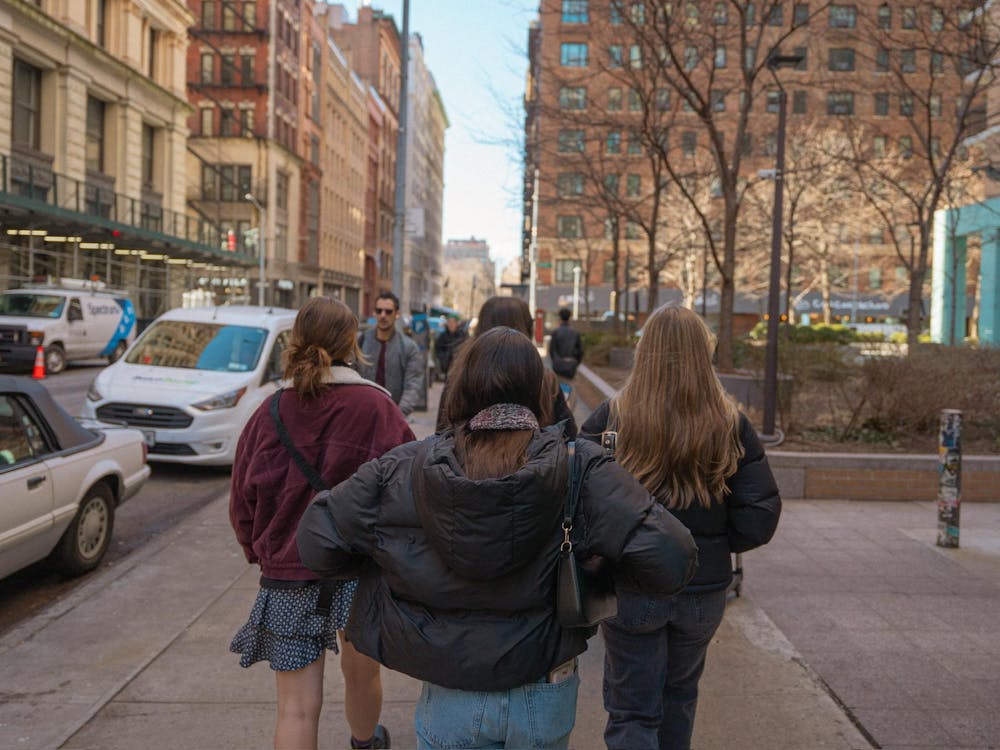As a future special education teacher, the idea of defunding or dismantling the Department of Education (DOE) really worries me. I get that not every policy is perfect and there’s a lot of red tape, but weakening the DOE would hurt way more than it would help, especially for students with disabilities. If we strip that away, it’s not just policy we’re losing — it’s the structure that holds schools accountable and the support that gives teachers like me the tools to advocate for our students. Cutting it would be a huge step backward, especially for the most vulnerable learners. These are the students I’ve committed to serve, and they deserve better, not less.
The Department of Education plays a huge role in ensuring that special education laws like the Individuals with Disabilities Act (IDEA) are actually followed. Without federal oversight, states could decide not to prioritize special education or its educators, and kids who rely on those protections might not get the services they need. Not every state has the same level of commitment to supporting students with disabilities. So, without a national standard, there’d be even more inequality than there already is.
Another thing people don’t think about is funding. Special education is extremely expensive. Schools need money for specialized staff, assistive technology and individualized supports to ensure schooling is more accessible and inclusive. A lot of that money comes from federal grants. But if the DOE is gutted, where will that funding come from? Most states and local school districts don’t have the resources to make up for the loss of funding. The kids who would suffer the most are the ones who already face the biggest barriers.
Some argue that education should be left entirely up to the states, but history has shown that when that happens, marginalized groups — including students with disabilities — often get left behind. Federal involvement exists for a reason. It’s not about taking power away from local schools. It’s about making sure every child has access to a fair and appropriate education, no matter where they live.
Not only would the defunding or dismantling of the DOE affect office special education programs (OSPEP), but it could also remove diversity, equity and inclusion (DEI) and social and emotional learning (SEL) programs or content in schools, which would affect students and educators of all levels. If these two programs are censored, educators would lose a portion of critical content for their students.
This would spell disaster for the Universal Design for Learning (UDL) framework, which is a map for student learning used by educators to ensure that students are well-rounded in academic and social-emotional content areas. These include representation, engagement, action and expression. Programs like special education, SEL and DEI highlight the need for a framework like UDL, which moves past the standard lecture-and-worksheet approach we see most. These strategies benefit all learners, not just the ones for which it's specifically designed. DEI provides every student with the opportunity to see a representation of cultures and backgrounds. SEL is a prominent component of the health/wellness and sociocultural expressions that the students are learning. With these present in the classroom, the students are more likely to be engaged and active in their schooling.
Could the DOE do things better? Absolutely. There’s always room for improvement. But tearing it apart would be like burning down a house just because the plumbing needs fixing. As someone who’s preparing to teach in special education, I see firsthand how much structure and support are needed to give every student a real chance to succeed. Defunding or dismantling the DOE wouldn’t help solve the problems in education. It would make them worse.
Lexi Buckner is a photographer for The Beacon. She can be reached at bucknera27@edu.up.
Have something to say about this? We’re dedicated to publishing a wide variety of viewpoints, and we’d like to hear from you. Voice your opinion in The Beacon.








